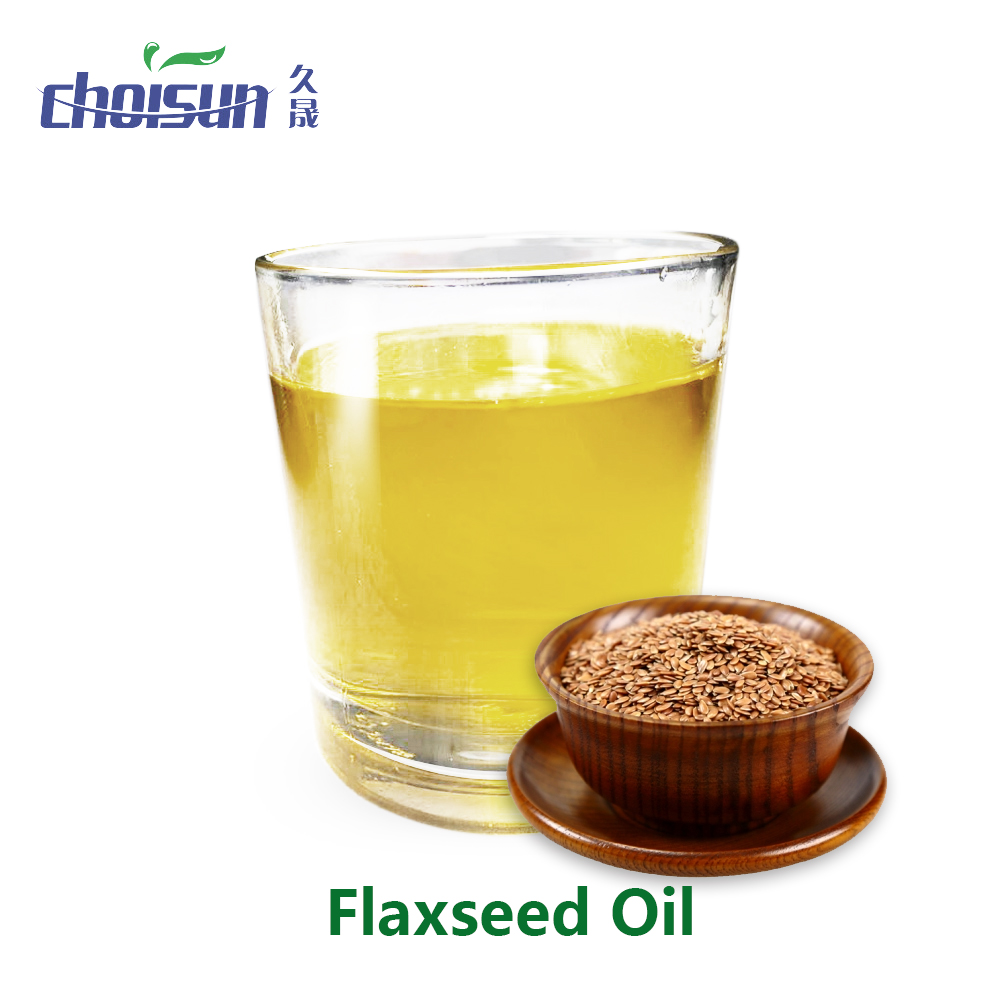

|
Flaxseed Oil
1. Introduction
Flaxseed oil contains both omega-3 and omega-6 fatty acids, which are needed for health and skin benefits. It contains the main biological activity ingredient fatty acid alpha-linolenic acid(ALA),
which the body converts into eicosapentaenoic acid (EPA) and docosahexaenoic acid (DHA). ALAaccounts for at least 50% of oil, ALA is to defend the lives of human brain evolution of the core material. It is the key ingredient in organizing human cell. Alpha-linolenic acid and its derivatives (DHA, EPA) can prevent the interaction between platelet and arterial wall, protecting eyesight, reducing the formation of arterial thrombus, lowering blood lipid, anti-aging, anti-allergic, It is effective against coronary heart disease and atherosclerosis. It can also inhibit the occurrence of cancer transfer.
2. Application
High quality edible oil
Nutritional supplements
Natural cosmetics
Pharmaceutical intermediates
Food additive and health-care food
3. Benefits
1) Animal feed use: It contain rich mineral elements. Potassium content was the highest, evenmuch higher than the orange, peanut kernel, and small shrimp. Content of zinc in flaxseed is alsohigh, zinc is an essential trace element, and plays an important role in maintaining the normalphysiological function of the body. Flax seed oil can also be used as raw materials to process food,medicine or animal feed.
2) Cosmetics use: It contains VE, VE is a strong and effective free radical scavenger, and it hasanti-aging and antioxidant effects. Flaxseed contains flavonoids 23mg/100g. Flavonoids havelipid-lowering, anti-atherosclerotic good effect.
3) Cooking use of flaxseed oil A low-temperature cooking: cooking oil used alone or in combination with daily reconcile cooking, healthier, more delicious. Soup seasoning: in cooked porridge, soup by adding flaxseed oil, enriched and fresh tune.









